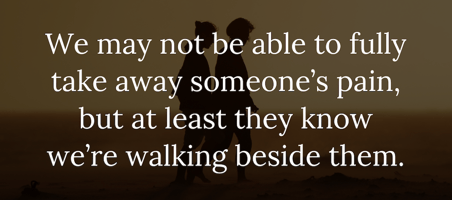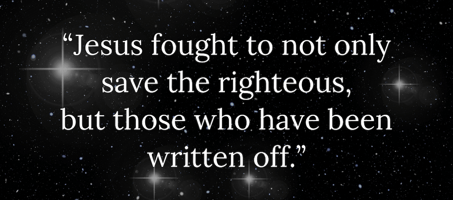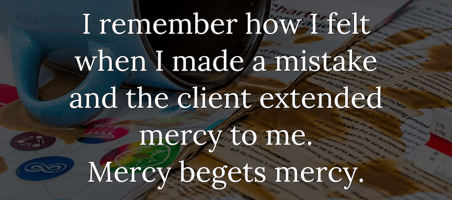Have you ever experienced grief? Have you ever experienced the loss of a relationship or job? These...
What it Means to be a Just Peace Church
 During Plymouth Church’s Just Peace Sunday worship services, we pray for worldwide peace and justice. During one of these services, Suzy Clarkson Holstein read aloud the scripture Isaiah 58:1-12. Afterwards, she gave the following sermon that reflects upon the idea of Just Peace.
During Plymouth Church’s Just Peace Sunday worship services, we pray for worldwide peace and justice. During one of these services, Suzy Clarkson Holstein read aloud the scripture Isaiah 58:1-12. Afterwards, she gave the following sermon that reflects upon the idea of Just Peace.
When our church first began trying to wrap our arms around the idea of “Just Peace,” I kept stumbling over the word “just.” Read one way, with “just” as an adverb, it could mean “merely” – a rather dismissive term. When read as “It’s just peace,” it appears to be a simple thing. And as strange as that reading is, I think we sometimes approach peace in that way – as if it is simply the absence of conflict – just getting along in a neighborly way.
But I think that Just Peace, understood rightly, means something more profound and difficult. If someone is being bullied or in an abusive relationship, “peace” might come if the physical bullying and abuse stops, but often one is still left powerless and oppressed. Surface peace has been achieved, but the underlying helplessness in the face of power remains.
We so often think of violence as only an overt act, forgetting that violence can be silent and even polite. Denying others the right to vote, limiting the access to basic resources and healthcare, even the willingness to let others live in destitute circumstances can be as devastating as a bullet. Therefore, when we strive for Just Peace, we are entering God’s work on the side of the marginalized, the side God always seems to take in both the Old and New Testaments. With God, we are trying to bring forth the kin-dom – the blessed domain where there is no power imbalance, where all sit together at the welcome table. Such a kin-dom, the one we pray for weekly in our Lord’s Prayer, cannot come as long as human systems continue to privilege some while taking away the dignity of others.
As we’ve discovered before, the work of mercy and the work of justice, while often complementary, are distinct parts of our discipleship. At Plymouth, we engage in many works of mercy, feeding and helping find shelter for those in need. That work is vital, and we are called by our God to continue it in partnership with those we serve. But we are also called to seek for God’s kin-dom of justice. For example, we need to work to dismantle systems of racism and structures that push people into hunger, poverty, and housing insecurity. We must confront the inequities of climate change, as well. The Plymouth Justice Network, in partnership with MICAH and organizations such as Voces de la Frontera, strives to do this sacred work.
There’s an old image I have often found helpful as I consider these visions of acts of mercy and acts of justice. We act in mercy when we see drowning people and reach to save them. In this image, the meals we provide at St. Ben’s, Cathedral Center, Pathfinders, etc., are our efforts to offer our hand to the drowning and pull them out of the water. That work is crucial for our community, and it provides merciful aid to our fellow humans. But to act with justice, we need to move upstream and confront whatever is pushing or throwing the drowning people into the water in the first place. The causes of suffering, not only the suffering itself, cry out for God’s peace and justice to be made evident. That work can be challenging, but it is the work to which our God calls us.
Only when we face those powerful systems will we be able to achieve truly Just Peace.
Learn about Plymouth Justice Network and our other Service and Advocacy Groups.




